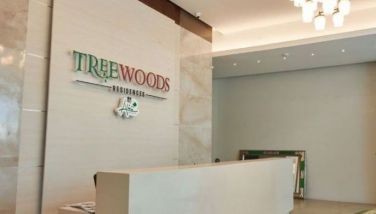Organizational conflicts
“Teamwork is the ability to work together toward a common vision. The ability to direct individual accomplishments toward organizational objectives. It is the fuel that allows common people to attain uncommon results.” says Andrew Carnegie, America’s 19th century legendary industrialist.
But when a team’s cohesiveness falls apart, it is likely that there is what we call “destructive conflict” from within.
Socio-psychologists believe that conflict or disagreement is not inherently destructive. In fact, conflict opens our mind to the reality that no two people view the world exactly the same way. It can be personally and socially constructive when differences are put into the open for intelligent discussion or debate.
In a world of best intentions, conflict, therefore, is a necessary “affair” for us to learn and cope positively to adverse scenarios. And to accept that disagreements are part of everyday life. In fact, anyone who agrees with you all of the time is not only a sucker but a liar.
But when is conflict constructive? Conflict is constructive when it results in clarification of important problems and issues as well as results in solutions to problems. It is constructive when it involves people in resolving issues important to them and causes authentic communication. When it helps release emotion, anxiety and stress. When it builds cooperation among people through learning more about each other or helps individuals develop understanding and tolerance to individual preferences.
Conflict in the workplace becomes destructive when it takes attention away from other important or productive activities. When it undermines morale or self-concept. When it polarizes people and groups and reduces cooperation among team members. And when it leads to irresponsible and harmful behavior, such as fighting, name-calling etc.
In many cases, conflict arises when the work culture or leadership does not encourage open and transparent communication among leaders or teammates and is likely to have the best chance of achieving mediocrity. “ Gaps in communication, deliberate or not, are frequently a root cause of stagnant or poor performance.” According to Bronwyn Poole, author of The Communication Crisis.
Conflict also arises when leadership or management becomes weak or when management’s objectivity is clouded with personal biases or opinion when handling them. The famous modern psychologist Abraham H. Maslow, once said, “If the only tool you have is a hammer, you tend to see every problem as a nail.” It is not only necessary for management to be at all times impartial but must be at all times objective in looking at the conflict independently and wisely without fear or favor.
It is also important to deal every conflict with utmost seriousness before it gets worse. “The easiest, the most tempting, and the least creative response to conflict within an organization is to pretend it does not exist.” says, Lyle E. Schaller author of The Change Agent: The Strategy of Innovative Leadership.
When avoiding, denying, or postponing conflict, you are nonetheless spending the resources of time & energy. Dealing with conflict by trying not to deal with it is usually much less effective than embracing the opportunity for progress or change. Left unresolved, conflict takes root, spreads, and weakens or destroys the foundation on which trust, cohesion, and teamwork are built.
Send emails to [email protected]
- Latest
- Trending


























